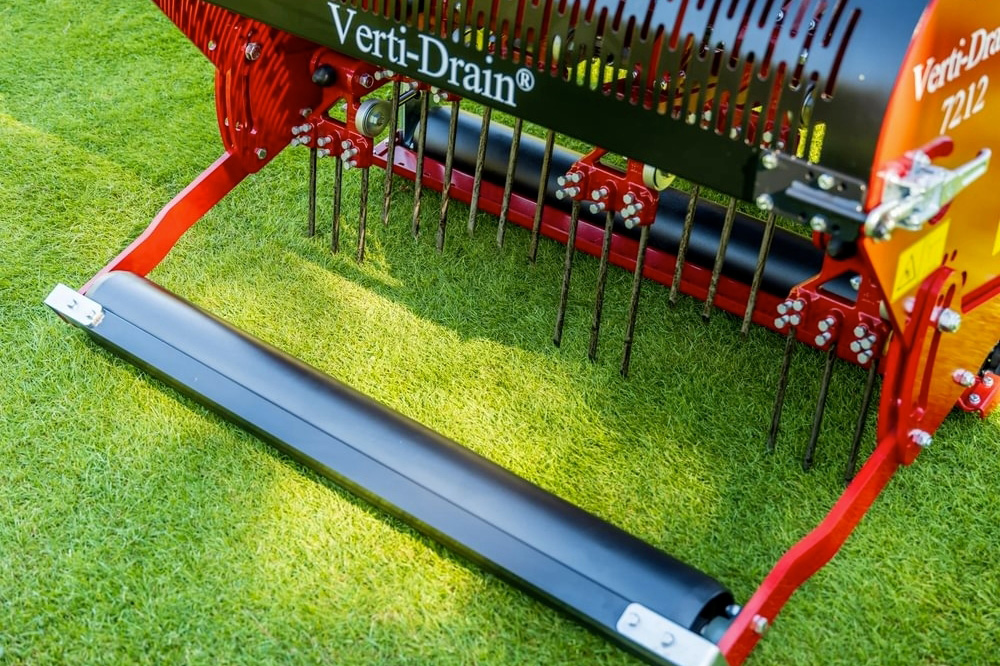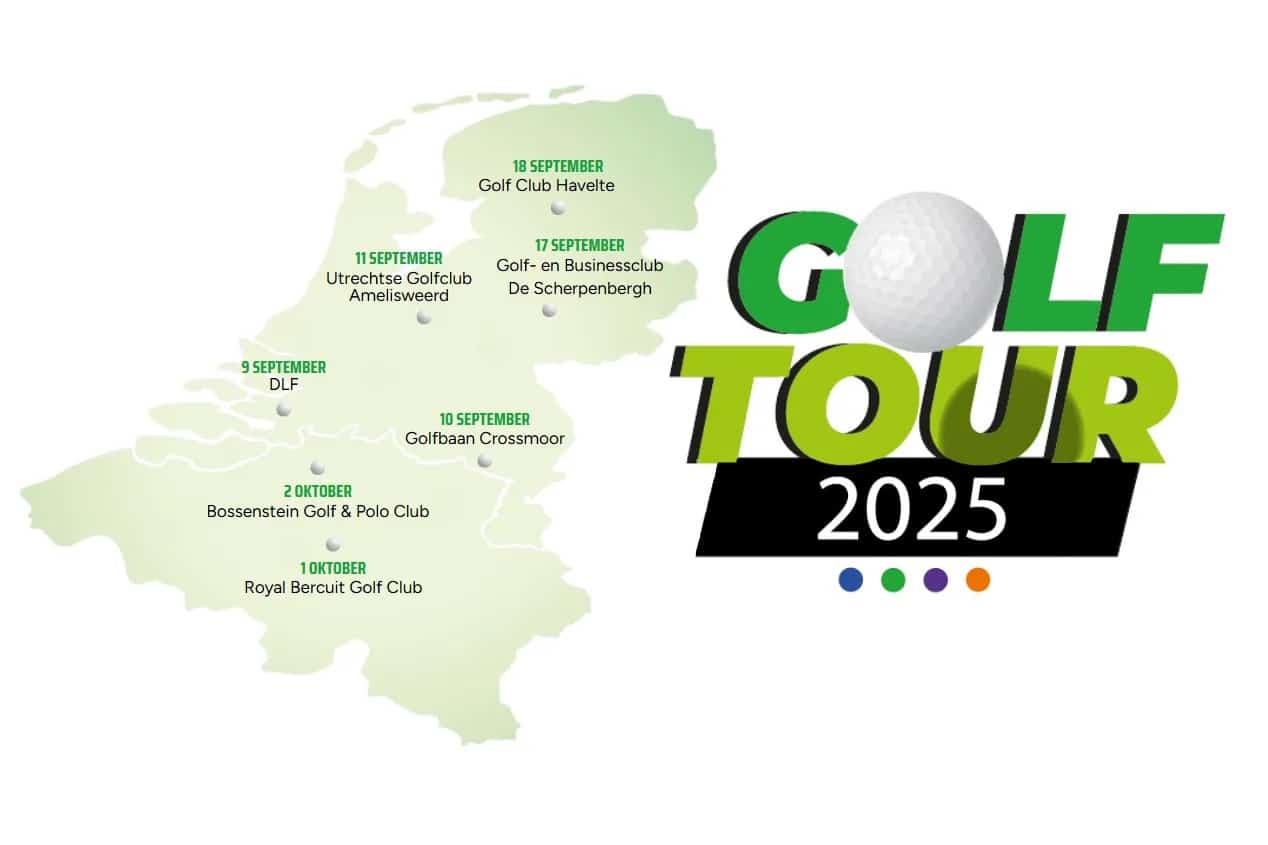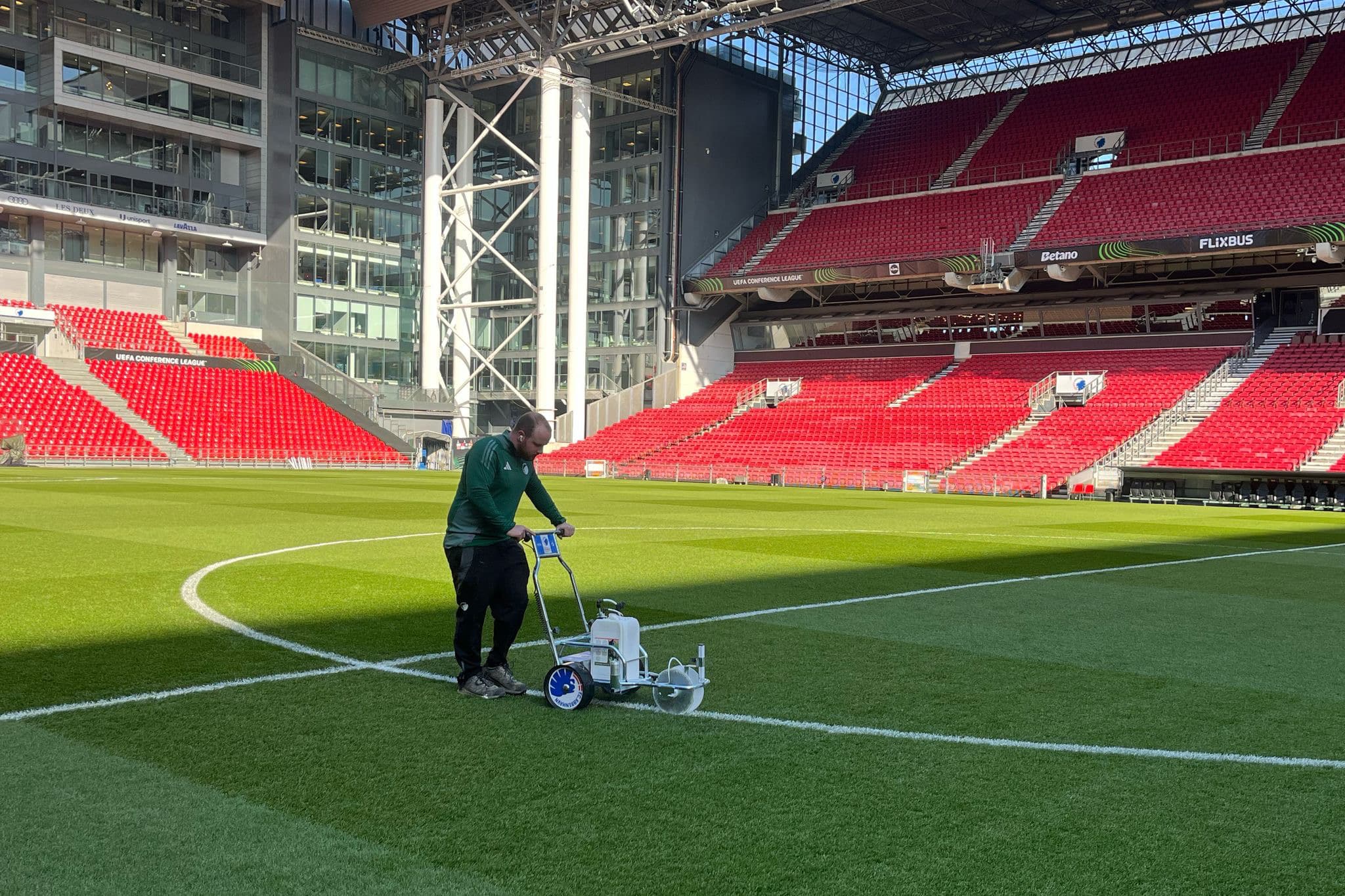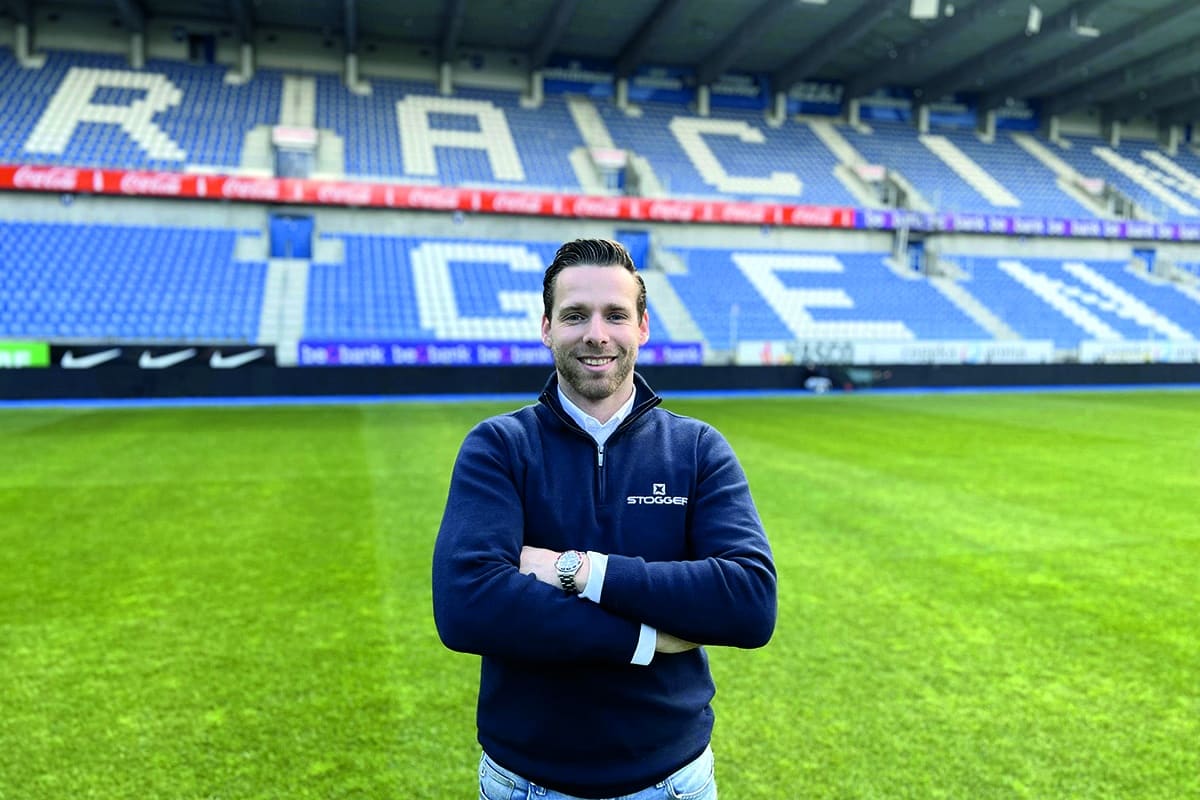
What is outside is delicate
As a user, you take these practical elements for granted, but specifiers and installers understand that conscious and thoughtful decisions must be made based on style, location and functionality, among other factors. Metalware Claerbout casts itself as a versatile partner for both product and advice.
In the broad construction sector, Metaalwaren Claerbout is mainly known as a professional trade for hardware, building hardware and all kinds of machines, but in the meantime the company also has an extensive department specialized in street furniture. From mailboxes to benches and bicycle stands, from a simple bollard to complete signage, and from the most classic plastic dustbin to a design specimen with automatic fill level measurement...: the Claerbout range today includes all products for private, public and semi-public projects, from both distribution and in-house production. The biggest challenge? That is to choose.

Unity in style
"Style is one of the most decisive factors in the choice," indicates sales manager Steven Delaere. "Just think of the mailbox, which has long been seen as a personal business card of the resident, or the recent ubiquity of solutions in Corten steel. Certainly in the private sector, but just as much in public and semi-public projects, street furniture is very much subject to trends."
That the focus on style and trends also has unwanted side effects has not escaped Delaere's notice. "In the past in Ghent, for example, a new choice of trash cans was made for each street or neighborhood project, resulting in a large number of different models scattered throughout the city. The city council has now decided to do away with this. In the next five years, we will replace the entire arsenal of garbage cans with the same model. Especially in public spaces, striving for sufficient unity is very important."
Flexibility in customization
Not irregularly, street furniture also requires some customization. In most cases, this involves minor adjustments in terms of size or materiality. "The large European manufacturers usually allow only limited customization. They work with standard sizes or require a considerable quantity for customization. This is why we are increasingly turning to in-house production, which makes it possible to deal with such requests more flexibly. This also applies to small runs, although of course we always advise our customers about the economic picture."
More far-reaching customization is also among the possibilities thanks to in-house production. "For example, Westtoer recently appointed a designer for a series of original benches, bike racks, picnic tables, bollards, and so on. Meanwhile, all these items are produced by us."

Thoughtful choice of materials
Constant exposure to weather, wind and vandalism means that street furniture has to endure hard times. "The choice of materials - as stated earlier - is subject to trends," says Delaere, "but in any case it must also be tailored to the context in which the object ends up. One situation is already more challenging than another. In a forest or humid environment, for example, benches made of wood are not the most sensible choice, and at the coast it is best to avoid all rust-sensitive elements made of steel. There, stainless steel is an option, as is concrete or possibly plastic. Some material choices are obvious; others require a little more background knowledge or experience."

Follow-up from design to installation
Delaere recognizes that thoughtful choices are not always obvious, and therefore emphasizes the role of Metaalwaren Claerbout as an advisory partner from design to installation. "We have a lot of expertise in house and are happy to think along about appearance, materiality, functionality and implantation. If necessary, we come on site, or calculate how many bicycle racks can be placed in a given space, for example, without compromising on ergonomics. Where necessary, we can even take on the placement."




